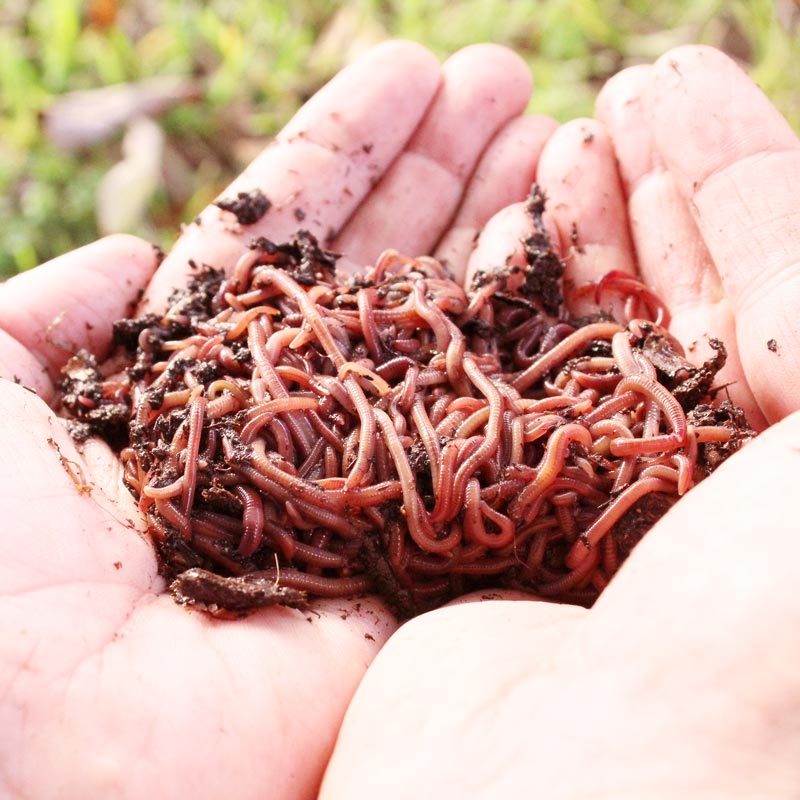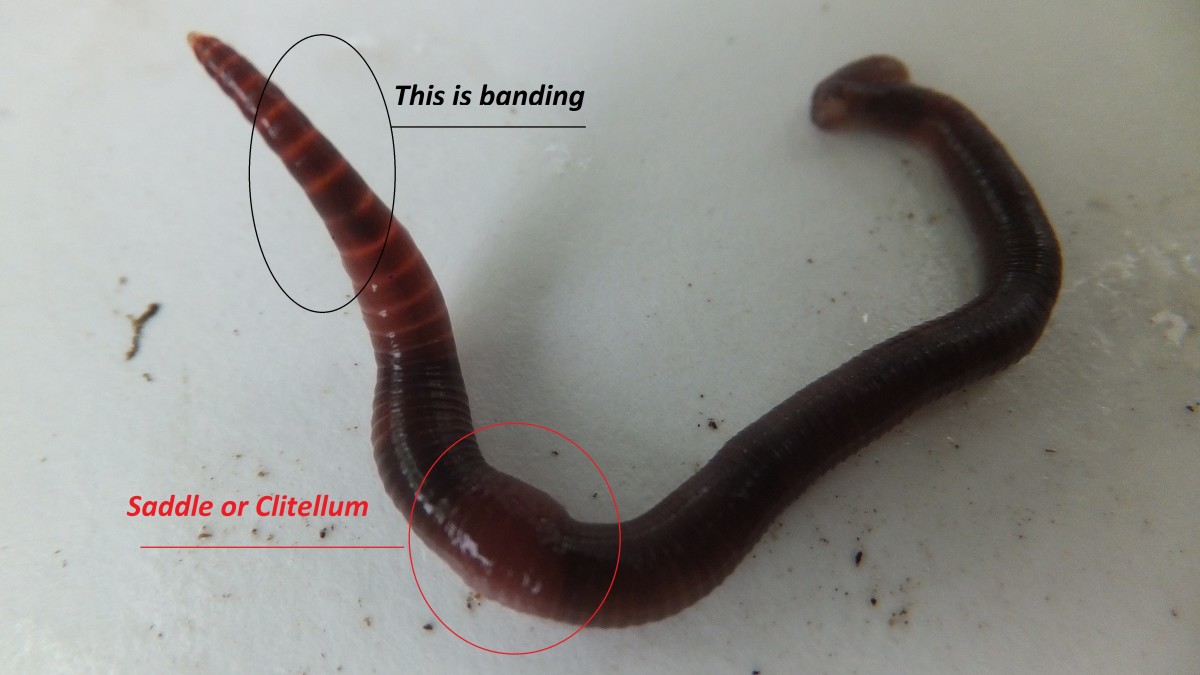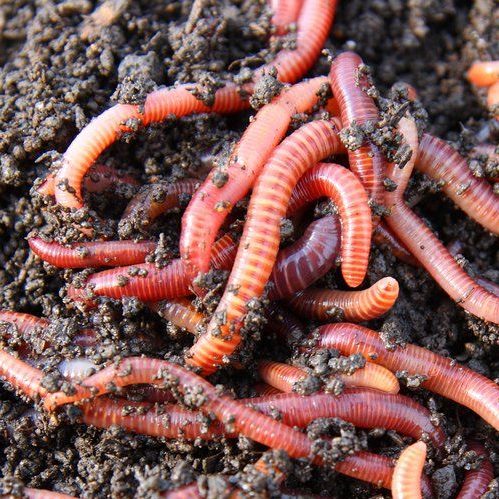Unlock the Keys of Red Wigglers: Your Guide to Composting Success
The assimilation of red wigglers into composting techniques presents a significant opportunity for enhancing soil health and promoting sustainability. Recognizing their needs and actions is essential for optimizing their capacity, from establishing up an ideal worm bin to feeding them the right products.

What Are Red Wigglers?
(Lake Rhodhiss Bait)Red wigglers, scientifically referred to as Eisenia fetida, are a species of earthworm largely utilized in composting due to their exceptional capacity to decay organic matter efficiently. These worms are identified by their reddish-brown coloration and a fractional body, typically measuring in between 3 to 4 inches in length. Unlike other earthworm types, red wigglers thrive in abundant, natural settings, making them suitable for vermicomposting systems.
Belonging To North America, they are usually discovered in decaying fallen leaves and compost heap, where they play an important role in nutrient recycling. Their adaptation to residing in a damp, cardiovascular atmosphere allows them to take in huge quantities of natural waste, breaking it down into nutrient-rich spreadings that boost soil health and wellness.
Red wigglers duplicate quickly, with a single worm capable of creating numerous cocoons each week, each consisting of multiple hatchlings. Comprehending the biology and behavior of red wigglers is vital for optimizing their capacity in composting applications.
Advantages of Utilizing Red Wigglers
Utilizing the power of red wigglers in composting uses many advantages that enhance soil health and wellness and promote lasting waste management. These exceptional microorganisms effectively damage down raw material, transforming kitchen area scraps and backyard waste right into nutrient-rich vermicompost. This completed item is extremely helpful for plant growth, as it enhances soil structure, boosts wetness retention, and boosts nutrient accessibility.

(Red Wiggler Express)In addition, the visibility of red wigglers in your composting system can speed up the composting process, generating top notch compost in a portion of the moment contrasted to conventional methods. The spreadings produced by these worms are likewise including advantageous microbes that additionally enrich the soil community.
Establishing Up Your Worm Container
Producing an effective worm container is a simple process that can dramatically enhance your composting initiatives. Worm containers can be made from plastic storage space containers, wooden boxes, or readily available worm containers.
Next, prepare the bedding material, which serves as the worms' environment. A mix of shredded paper, cardboard, and coconut coir works well, offering a comfy setting for the worms.

Feeding Your Red Wigglers
To guarantee the health and wellness and efficiency of your red wigglers, it is crucial to give them with a well balanced diet plan that meets their nutritional requirements. Red wigglers flourish on a diverse array of organic materials, which not just supply required nutrients yet likewise promote effective composting.
Begin by integrating kitchen scraps such as veggie peels, fruit cores, and coffee grounds. Prevent citrus fruits, onions, and garlic, as these can be damaging to worm health. In addition, present shredded paper, cardboard, and completely dry fallen leaves to create a well-aerated setting.
Feeding frequency need to be monitored; typically, worms can take in half their body weight in food weekly. It is vital to avoid overfeeding, as excess food can bring about undesirable odors and draw in parasites. An excellent practice is to add food in little amounts, allowing worms to refine it prior to introducing more.
Maintaining wetness levels is likewise vital; the bed linens ought to perspire yet not soggy. Lastly, make certain to routinely check the temperature and pH levels of the container to guarantee an optimum atmosphere for your red wigglers, ultimately boosting their composting efficiency.
Harvesting and Making Use Of Compost
An effective composting process with red wigglers finishes in the rich, dark compost known as vermicompost, which can considerably boost dirt health and wellness and plant growth. Harvesting this nutrient-dense product typically occurs every 3 to six months, depending on the size of your system and the quantity of natural issue being processed.
To harvest, delicately different the compost from the worms and any undecomposed products. One efficient method entails relocating the components of the bin away and including fresh bedding and food to the void, encouraging the worms to move. After a couple of days, the compost can be accumulated from the opposite side.
It is vital to use vermicompost correctly to maximize its advantages. It can be utilized as a leading dressing for yard beds, blended into potting dirt, or brewed right into a nutrient-rich liquid plant food understood as "worm tea." This application method aids to deliver crucial nutrients directly to plant origins, promoting much healthier growth. By integrating vermicompost right into your horticulture routine, you not just reuse organic waste but likewise develop a growing ecological community that supports lasting gardening techniques.
Verdict
In recap, red wigglers offer as exceptional allies in composting efforts, transforming organic waste Red Wiggler Express right into nutrient-rich vermicompost. By understanding the optimal problems for their environment, feeding demands, and garden compost harvesting strategies, garden enthusiasts can improve soil health and wellness and promote plant vitality.